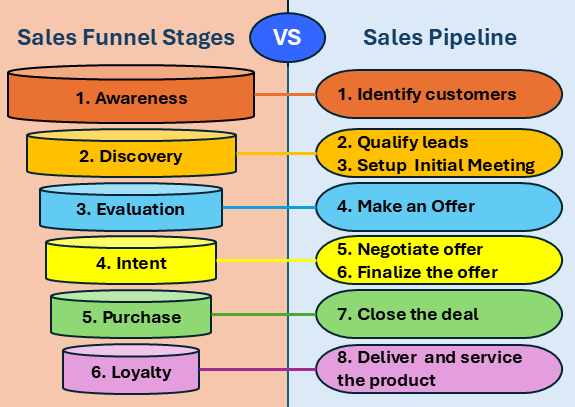Upload files as a knowledge source
You can upload your own documents for use as a knowledge source at the agent level, which your agent then uses to generate answers with generative AI.
Note
When you upload documents using this method, the documents are available to your agent at all levels. However, you can upload documents in generative answers nodes. This other option allows you more control to specify individual generative answers nodes that shouldn't use uploaded documents.
When an agent user asks a question, and the agent doesn't have a defined topic to use, the agent generates an answer from your uploaded documents. The agent uses generative AI to answer the user's question and provides an answer in a conversational style.
Uploaded documents are stored securely in Dataverse. The number of documents you can upload is limited by the available file storage for your Dataverse environment.
To upload files as a knowledge source, perform the following steps:
Open the agent.
Select Add knowledge from either the Overview or Knowledge pages, or the Properties of a generative answers node.
Upload the file by either drag and drop, or browsing to the file location.
Add a name (by default, the file's name is used).
Add a description. The description should be as detailed as possible, especially if generative AI is enabled, as the description aids AI orchestration.
Select Add to finish adding the knowledge source.
Supported document types
- Word (doc, docx)
- Excel (xls, xlsx)
- PowerPoint (ppt, pptx)
- PDF (pdf)
- Text (.txt, .md, .log)
- HTML (html, htm)
- CSV (csv)
- XML (xml)
- OpenDocument (odt, ods, odp)
- EPUB (epub)
- Rich Text Format (rtf)
- Apple iWork (pages, key, numbers)
- JSON (json)
- YAML (yml, yaml)
- LaTeX (tex)
Annotated image support (preview)
Annotated images that are embedded in PDF files are supported, as well. Annotation, also referred to as alt-text, is a textual description of the image. For best results, provide detailed information about the embedded image in the alt-text.
Users can ask questions and receive answers from the information contained in the annotated images. For example, the following image that was embedded in a PDF file provides information about a sales funnel and sales pipeline stages. Users of the agent containing this embedded image as a knowledge source can ask questions such as, "What are the stages in a sales funnel?" The agent can then return an answer based on the information in the annotated image.

Important
- Annotated images in PDF files are only supported in newly uploaded files. If you had previously uploaded an annotated PDF file, you need to delete the existing file, and upload the file again.
- Image, video, executables, and audio files can't be used as uploaded documents.
- Images are only supported when they're embedded in PDF files.
- Embedded images are only supported in Switzerland and the United States.
- Icons aren't supported.
- Files greater than 512 MB aren't supported.
- Files that contain encrypted content, are password-protected, or contain confidential tags, aren't supported.
- The maximum number of files that can be included as knowledge in an agent is 500 files.